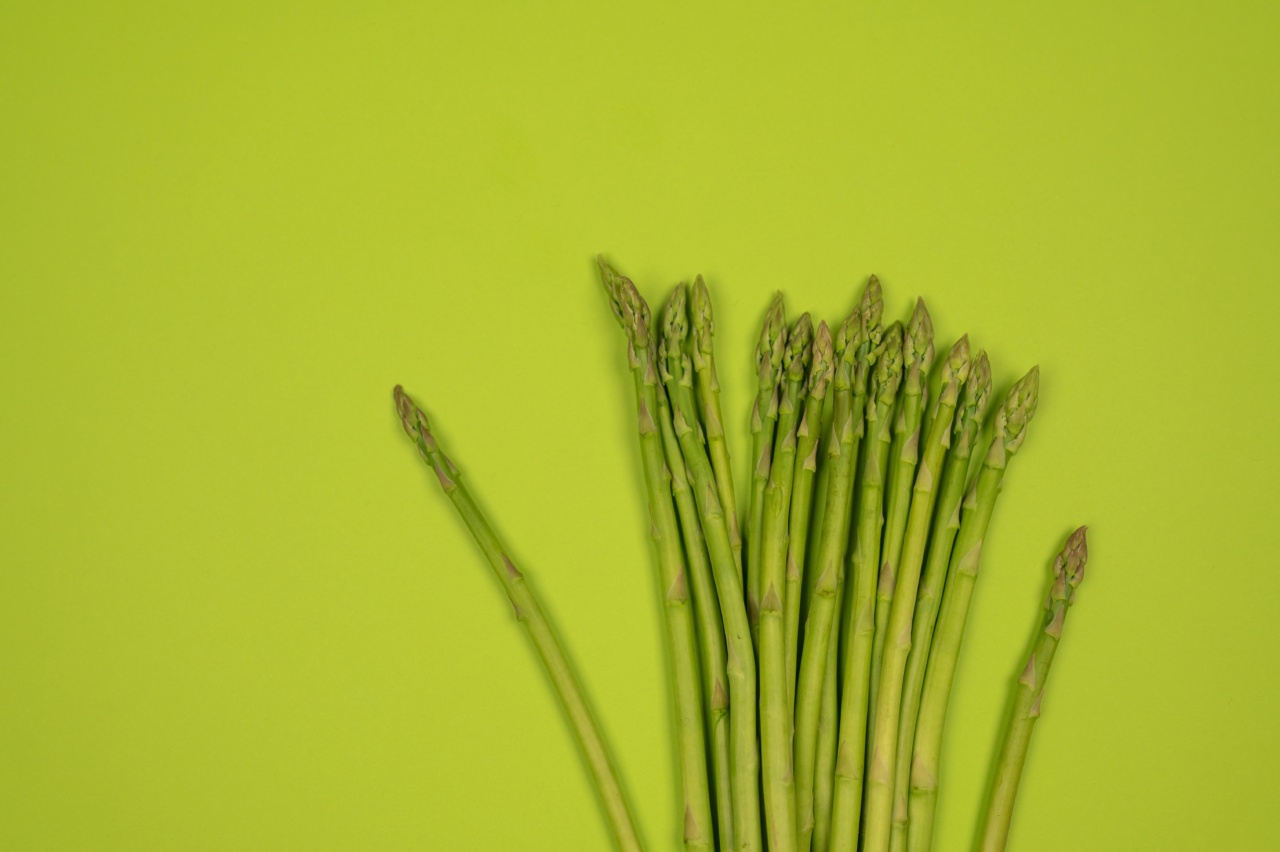Insulin resistance is a condition where the body becomes resistant to the hormone insulin. This results in high blood sugar levels and can lead to serious health issues such as type 2 diabetes, heart disease, obesity, and even certain types of cancer.
Nutrition plays a key role in managing insulin resistance. Here are some tips and tricks to help you combat this condition through your diet:.
1. Go for Whole Foods
Whole foods such as fruits, vegetables, whole grains, and lean protein are loaded with nutrients that are essential for maintaining optimal health and managing insulin resistance.
These foods are typically high in fiber, which helps slow down the absorption of sugar into the bloodstream, preventing spikes in blood sugar levels.
2. Avoid Processed Foods and Sugars
Processed foods and sugars are high in empty calories and low in nutrients. They are often loaded with added sugar, which can cause insulin levels to spike.
Avoid processed foods such as canned foods, highly processed snacks, sodas, and sugary drinks as well as table sugar, high-fructose corn syrup, and other refined sugars.
3. Choose Good Fats Over Bad Fats
Good fats such as omega-3 fatty acids found in fatty fish, nuts, and seeds have been shown to improve insulin sensitivity and reduce inflammation in the body.
Bad fats, such as trans fats found in fried foods, processed baked goods, and margarine, have been shown to negatively impact insulin sensitivity and increase inflammation. Choose good fats over bad fats to promote insulin sensitivity.
4. Monitor Your Carb Intake
Though whole foods such as whole grains, fruits, and vegetables contain carbohydrates, they also contain fiber, which slows down the absorption of carbohydrates into the bloodstream.
Focus on consuming carbohydrates that contain fiber, and monitor your overall carb intake to avoid blood sugar spikes.
5. Stay Hydrated
Drinking enough water is essential for overall health and insulin sensitivity. When you are dehydrated, the body struggles to transport glucose to cells, which can lead to insulin resistance.
Aim for at least 8-10 glasses of water a day to stay hydrated and promote optimal insulin sensitivity.
6. Incorporate Vinegar into Your Diet
Vinegar has been shown to improve insulin sensitivity. Add it to your salads or use it as a marinade for your proteins to help improve your body’s response to insulin.
7. Include Probiotics in Your Diet
Probiotics are live bacteria and yeasts that are essential for gut health. A healthy gut promotes better insulin sensitivity and overall health. Incorporate probiotic-rich foods such as yogurt, kefir, sauerkraut, and kimchi into your diet.
8. Get Enough Sleep
Getting enough quality sleep is important for insulin sensitivity. Sleep deprivation can lead to inflammation and blood sugar imbalances that can worsen insulin resistance.
Aim for at least 7-8 hours of quality sleep each night to help your body maintain optimal insulin sensitivity.
9. Manage Your Stress
Stress can wreak havoc on the body and lead to increased inflammation, which can worsen insulin resistance. Practice stress management techniques such as meditation, yoga, or deep breathing to help manage stress levels.
10. Work with a Nutrition Professional
Sometimes managing insulin resistance on your own can be overwhelming. A nutrition professional can help you develop a customized plan that addresses your individual needs and considers your food preferences and lifestyle.






























